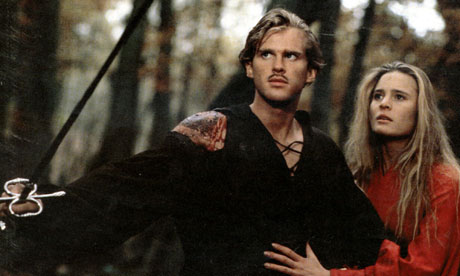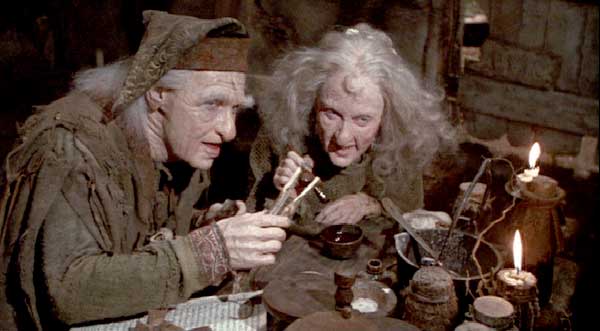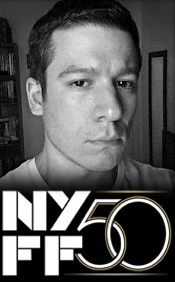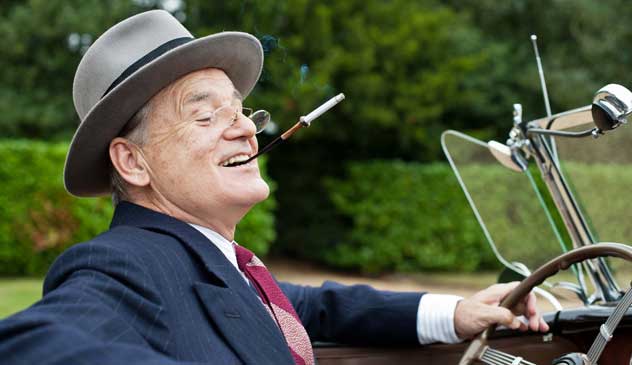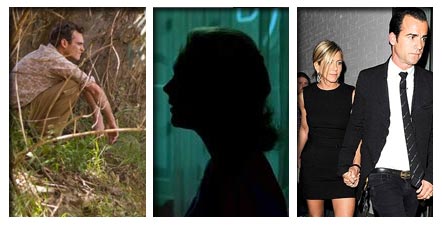NYFF: "Barbara" Cold War Slow Burn
 Monday, September 24, 2012 at 2:00PM
Monday, September 24, 2012 at 2:00PM 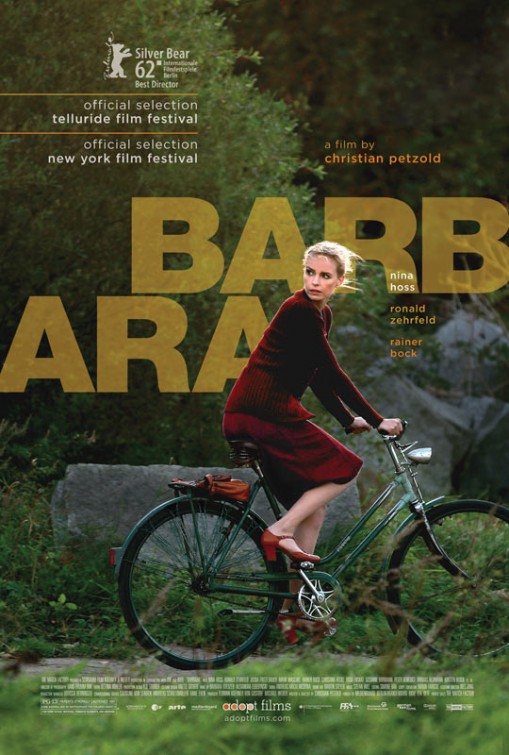 Michael C. here with another dispatch from the New York Film Festival. This time it’s Barbara, Germany’s submission to the Foreign Language Oscar race.
Michael C. here with another dispatch from the New York Film Festival. This time it’s Barbara, Germany’s submission to the Foreign Language Oscar race.
When you read as many movie reviews as I do you begin to pick up on certain code words critics will occasionally use, not unlike the way a real estate agent will describe an apartment as “cozy” instead of “so small you have to open a window to use the microwave.” The reviews for Christian Petzold’s Barbara, for example, will no doubt refer to its “deliberate pacing” or its “slow-burning tension”. They will praise the admirable “subtlety” of the storytelling. All of these descriptors are accurate, no question, but they also dance around a simple blunt truth, which is that for long stretches Barbara is more than a bit boring.
Critics are forbidden to come right out and say this. First, because it makes the writer sound like he or she has zero attention span and wishes the film had more car chases and velociraptor attacks, and second, because the word is so damning it essentially negates the rest of the review. Might as well post the words DON’T SEE THIS in “Man Walks On Moon” sized letters if you are going to bring the word boring into the discussion.
In point of fact, Barbara is quite a good film...

 Barbara,
Barbara,  Germany,
Germany,  NYFF,
NYFF,  Nina Hoss,
Nina Hoss,  Oscars (12),
Oscars (12),  foreign films
foreign films 


